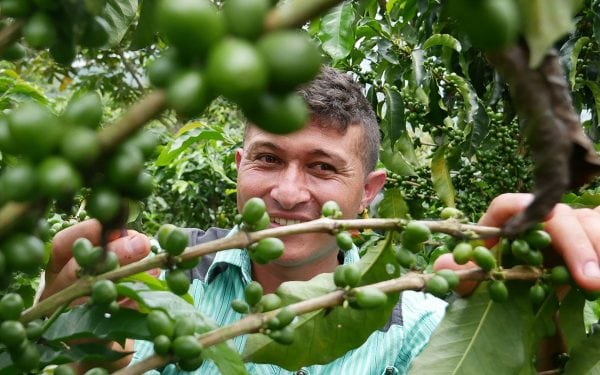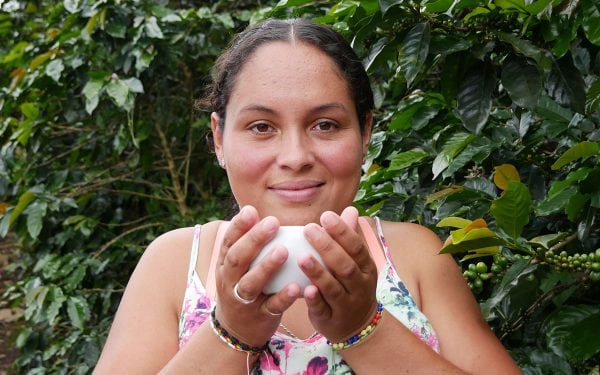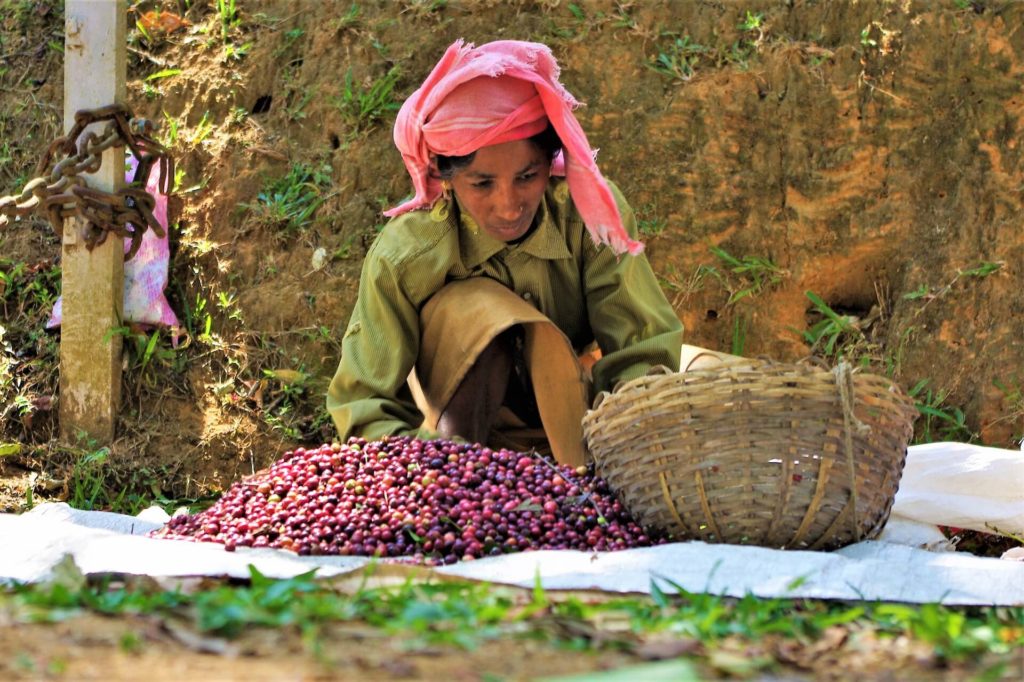“It takes 65 beans to make one cup of coffee and there is a farmer behind each and every one of those beans. We can’t take coffee for granted and expect it to get cheaper and cheaper while climate change is making coffee production harder and fewer young people want to be coffee farmers,” says Sofia Svahn, Director of Communications at Löfbergs, one of the largest coffee roasters in the Nordic Region. Noteworthy, Löfbergs produces about 28,000 tons of coffee each year, or just over 10 million cups of coffee a day.
The fact that your favourite morning pick-me-up is at peril might sound like an over exaggeration. However, few of us are aware of the fact that climate change is already stunting coffee yields, pushing farmers higher up the mountain slopes to reach more suitable areas for growing. And as coffee farming is becoming less lucrative, hardly any young people want to make a living from it.
These socio-economic and environmental trends are likely to menace companies like Löfberg, making your daily dose of coffee unavailable or unaffordable in the meantime. Löfbergs’ Next Generation Coffee project in Colombia, Kenya and Tanzania is an attempt to deal with the challenge. In Colombia, one of the world’s biggest coffee growing countries, the company has been running a project to make young coffee farmers see a positive future in coffee.
Taking sustainable livelihoods as a starting point, the project recruits’ farmers between the ages of 15 and 30 who are interested in coffee but need support to get their business up and running. The participants receive training in climate resilient coffee growing as well as in entrepreneurial and marketing skills.
Coffee doesn’t generate quick-returns. Shrubs bring the first harvest only after three-five years from planting. So, it is crucial to have other income sources during this time and the Next Generation Coffee in Colombia helps young farmers identify and pursue multiple streams of revenue. Additionally, farms that combine food crops with the cash crop are more food secure and climate resilient.


